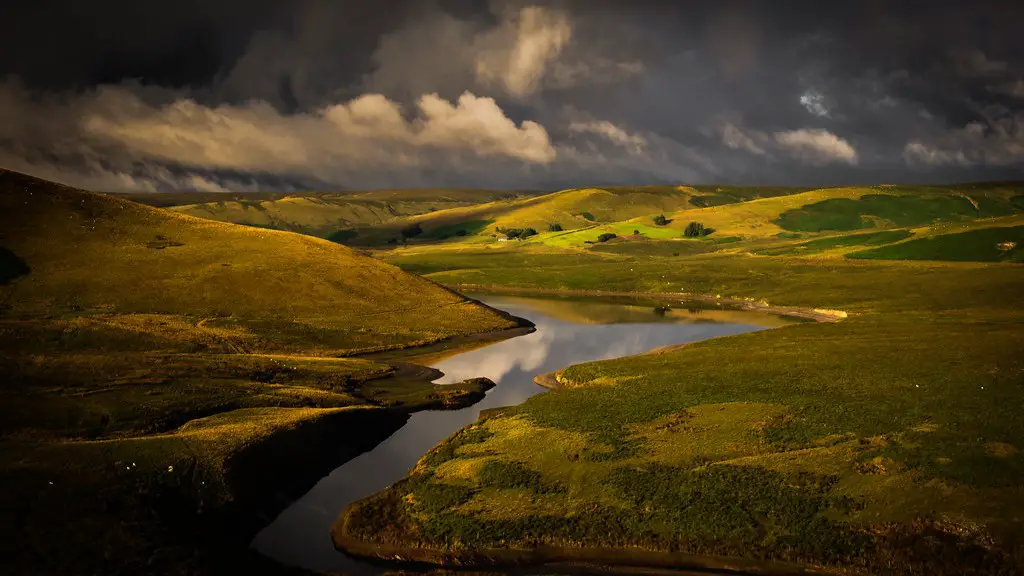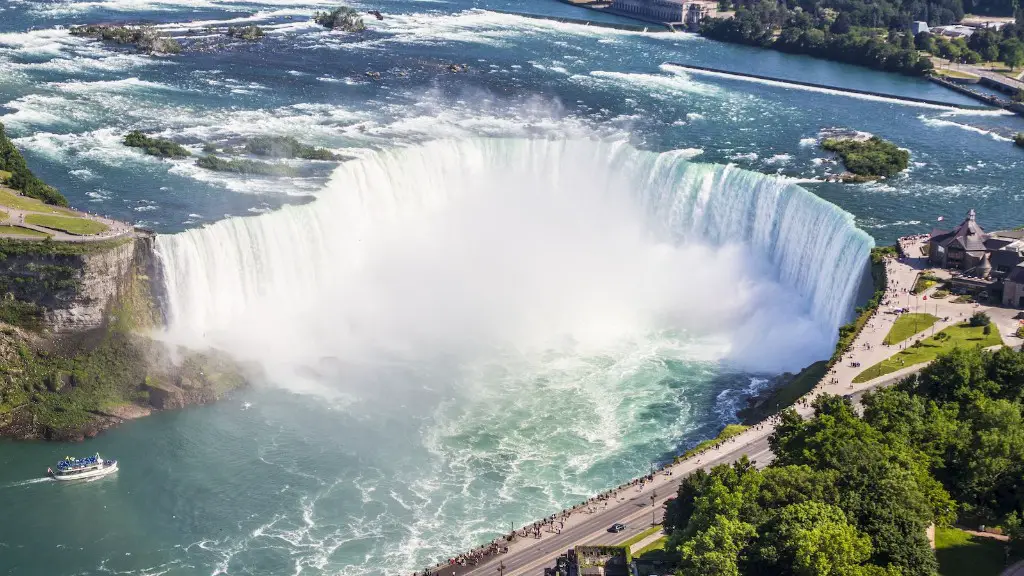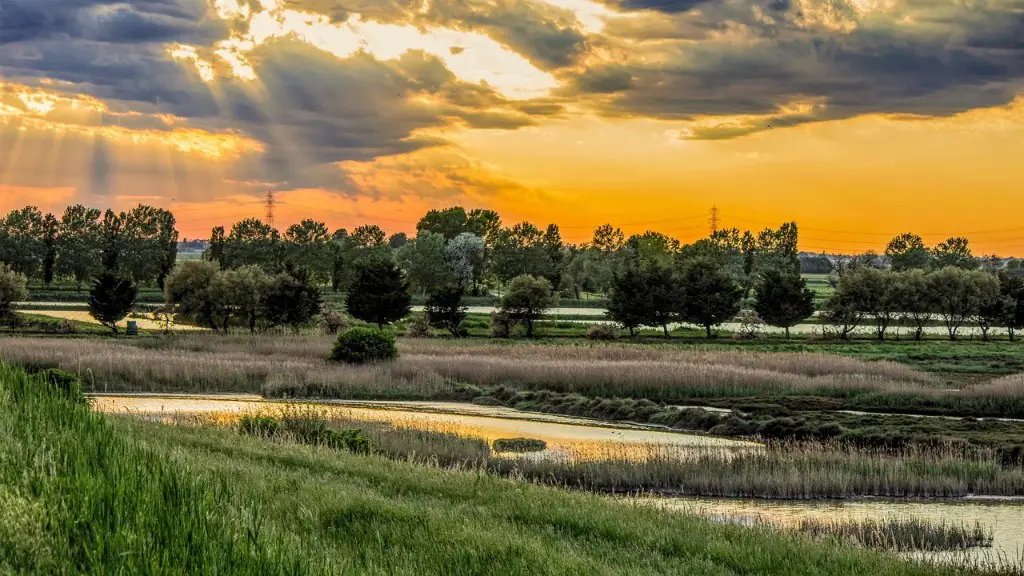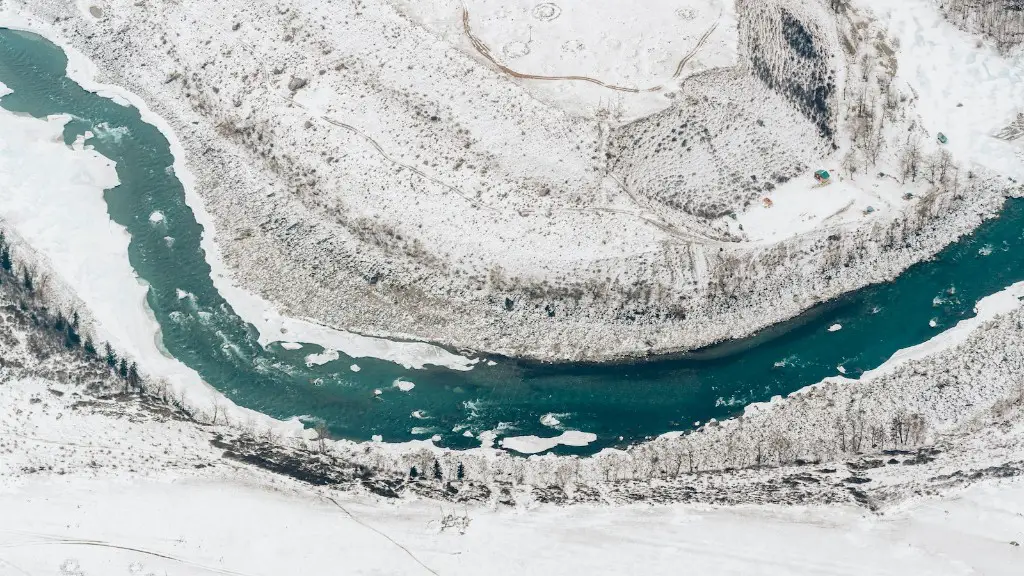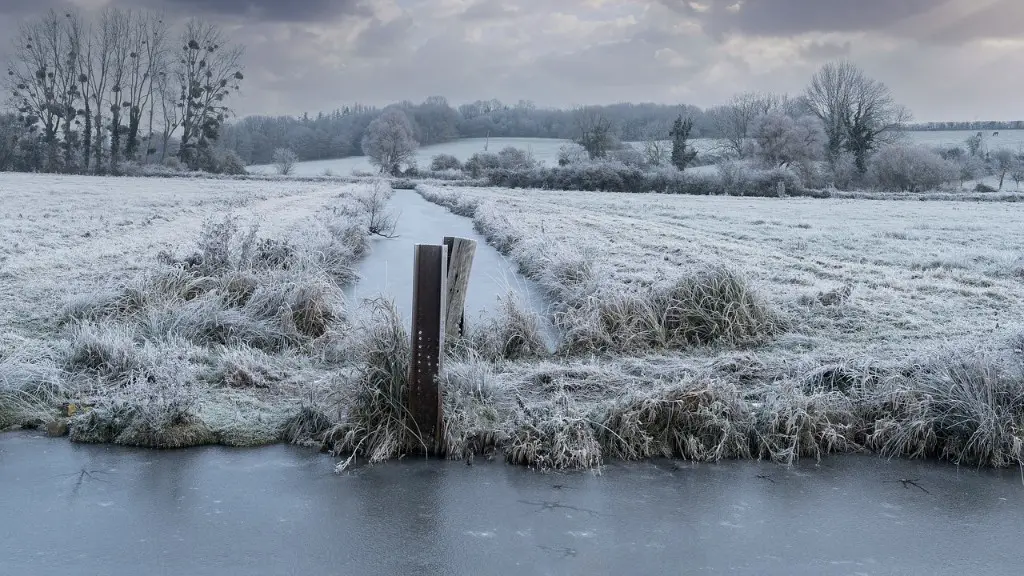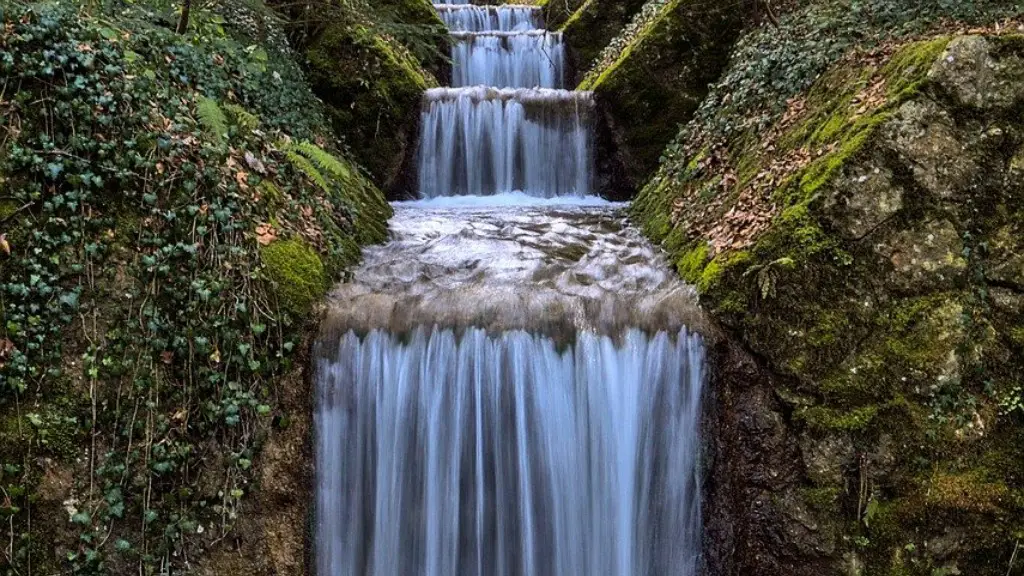The Mississippi River is one of the longest and most iconic bodies of water in the world. Spanning from Minnesota to the Gulf of Mexico, the Mississippi River is home to diverse wildlife, diverse cultures, and an amazing history. Learn more about what we do near the Mississippi River in this article.
The Mississippi River provides a number of opportunities for recreational activities. People can rent boats and explore the waters, fish for popular local game fish, take a riverboat ride, or simply enjoy a peaceful stroll along the riverbank. The river provides the perfect habitat to go bird watching, or watch bald eagles soar overhead.
The Mississippi River also supports a robust commercial industry. Millions of tons of grain and other agricultural products are shipped each year by barge on the Mississippi and other regional rivers. In addition, the river’s ports and docks are key destinations and transfer points for international trade.
The Mississippi River also provides a valuable resource for power generation. You can find a number of large and small hydropower plants up and down the length of the river. Although some of the power generated is used to power the larger cities and for industry, some towns and cities along the river are able to use it for local energy needs.
The Mississippi River also serves an important educational purpose. It provides a unique opportunity for students to learn about the ecology of the river and its watershed. There are a number of schools, universities, and other organizations that offer programs and classes about this important river.
River conservation efforts are ongoing as well. To protect the natural resources of the river, there are a number of organizations dedicated to the preservation and restoration of the river’s ecosystems. These organizations educate and inform citizens about the river and how they can help ensure its sustainability.
The Mississippi River has been a source of life and commerce for thousands of years. Today, the river continues to provide us with many recreational opportunities, commercial opportunities, and educational opportunities. With its rich history and amazing natural beauty, the Mississippi River is truly a national treasure.
Environmental Issues
The Mississippi River is an important habitat for a variety of species, but it has its share of environmental issues. In recent years, chemical spills, toxic runoff from agricultural production, and wastewater have polluted the river and damaged its ecosystems. In addition, the river has been significantly altered due to construction of dams, levees, and other projects. As a result, the river has been in a state of gradual decline. To help address these issues, there are a number of conservation efforts in place to protect the river’s ecosystems.
One of the most significant environmental threats to the Mississippi River is the accumulation of nitrogen and phosphorous runoff from fertilizer use. The nutrients collected in these runoff waters are discharged into the river and can cause algal blooms that deplete the oxygen supply, leading to dead zones and high levels of toxins. To address this issue, farmers and other citizens have been urged to use best management practices to reduce the amount of fertilizer runoff that enters the river.
Another issue is the flood control activities that have been carried out along the river. Supporters of these projects argue that the river should be diverted to reduce the risk of flooding. However, critics have questioned the effectiveness of these projects, noting that they can have significant negative consequences on the river’s ecosystems. To address this issue, environmental groups have called for smarter flood control practices that aim to minimize disturbance of natural habitats.
A third environmental issue facing the Mississippi River is sedimentation. The river is a major source of sedimentation, which can reduce the water quality of downstream areas. To reduce the amount of sedimentation that enters the river, environmental agencies have established best practices for drainage, and are urging landowners to keep their land clear of vegetation to limit the amount of sediment entering the river.
Economic ImpactThe Mississippi River has a huge economic impact on the states, counties, and cities that line its banks. Entire industries, such as shipping and tourism, have been built around the river. In addition, the river’s many fisheries provide an important source of income for fishermen and fisheries related businesses. Every year, hundreds of companies rely on the river for their livelihoods.
The river also supports a large number of jobs. In addition to those working directly on the river, there are also numerous jobs related to the river, such as construction, engineering, logistics, and tourism. The tourism industry has been especially successful in capitalizing on the river’s immense allure—tourists flock to river towns year-round to enjoy the natural beauty of the river and partake in the many recreational activities it offers.
In addition to jobs and businesses, the Mississippi River also provides tax revenues to states and local governments. These revenues are used to fund infrastructure projects and other programs that benefit the communities that line the river’s banks. The taxes generated by the river are critical to the economic health of communities in the region.
The Mississippi River is an important source of food, recreation, and economic benefit. As such, it is important that we protect, conserve, and enhance the river for future generations.
Wildlife and Ecosystems
The Mississippi River is home to a unique and robust ecosystem. The remaining wetlands along the channel of the river and its many tributaries provide the perfect habitat for a wide variety of wildlife, from birds and fish, to mammals and reptiles. In addition, the river is home to some of the oldest forests in North America, and is home to numerous species of plants, including some endangered species.
The importance of preserving the river’s forests and wetlands has been highlighted by environmentalists and wildlife conservationists. These areas provide critical habitat for wildlife and play an important role in maintaining a healthy ecosystem. To protect the river’s forests and wetlands, environmental groups have stepped up their outreach efforts, urging citizens and lawmakers to take action to protect these fragile habitats.
In addition, many organizations are devoted to preserving the ecology of the area. These groups monitor the ecosystems and connections between the river’s animals, plants, and other lifeforms. Their work is essential to ensure that the river’s diverse ecosystems are protected in perpetuity.
The Mississippi River is home to truly unique and diverse wildlife and ecosystems. These places must be preserved and protected if we are to continue to enjoy their beauty and bounty for years to come.
Historical Significance
The Mississippi River has always been an important source of life and culture for the many tribes and peoples who have resided along its banks for centuries. From the fortification of the Mississippian culture in the central portion of the river in 800AD until present day, the Mississippi has been a primary source of sustenance and a powerful resource for the people who lived and continue to live along its length.
In the United States, the river played an integral role in many major historical events in the country’s history, from the Louisiana Purchase and the Civil War to the movement of cotton and the settlement of the West. Throughout the 1800’s and 1900’s, steamboats used the river for transporting goods and people, linking disparate parts of the United States and even creating markets that did not previously exist.
In more recent years, the river has been an important part of the civic culture of the many cities and towns along its banks. In Minneapolis and Saint Paul, the river was used to build a thriving metropolis. In New Orleans, the river is integral to the city’s history and culture. In Memphis, the river is a focal point of the city’s identity.
These days, the Mississippi River is a far cry from its rich and vibrant past. Despite its sharp decline, we can see remnants of its lively past in the towering ports of New Orleans and the many stunning bridges that span its length. We owe it to our ancestors and to ourselves to protect and restore the Mississippi River to its true glory.
Deforestation and Sedimentation
Deforestation and sedimentation are two key issues plaguing the Mississippi River. Forests are being destroyed to create agricultural land and timber for industry, resulting in runoff of sediment to the river. The sediment accumulates in the river, making it shallower and reducing its flow. In addition, large amounts of sediment can smother fish and other aquatic organisms, leading to reduced biodiversity in the river.
To combat this problem, conservationists and environmentalists are advocating for improved land use management along the length of the river. This includes promoting better forestry practices and replanting of forests in areas that have been cleared. In addition, they are also pushing for greater access to agricultural land and encouraging farmers to use best practices to limit nutrient runoff.
The sedimentation issue has also been addressed by environmental groups. In an effort to reduce the amount of sediment entering the river, they are pressing for stricter regulations and monitoring of sedimentation in areas prone to runoff. These efforts are helping to improve the water quality of the Mississippi River, making it a better habitat for wildlife and allowing people to continue to utilize the river for recreation and commerce.
Conclusion
The Mississippi River is a crucial resource for many people and businesses and plays an important role in many aspects of life in the United States. From providing recreational opportunities and commercial opportunities to its educational and environmental significance, the Mississippi River is a national treasure that we must treasure, protect, and preserve for future generations.
